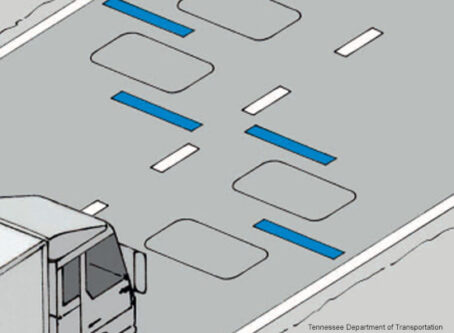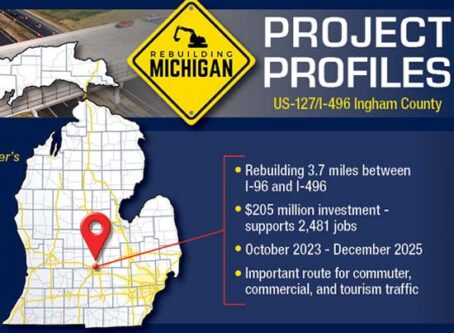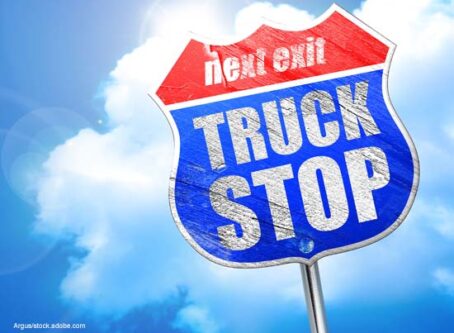Canadian government aims to end Driver Inc. scheme
The Canadian government is putting its weight behind ending the tax scheme known as Driver Inc.
According to the Canadian Trucking Alliance, Driver Inc. is “a misleading business practice which denies employees access to important rights and entitlements under the Canada Labour Code.”
Under the Driver Inc. model, a trucking company has its employees register as a corporation. Then, the company will pay the employees’ new corporation rather than giving the employee a paycheck. Since the company is paying another corporation, the payments are free from tax deductions. Because of this, the company also doesn’t pay into social programs or workers’ compensation funds – significantly affecting the protections and government programs typically reserved for employees and not incorporated entities.
The alliance says they have been calling for action from the government to end the practice for over five years.
On Nov. 3, the government of Canada released its 2022 Fall Economic Statement. Included in the statement was a section regarding protecting the rights of road transportation workers, specifically targeting companies that use the Driver Inc. model.
“By not classifying drivers as employees, companies are denying them access to important rights and entitlements under the Canada Labour Code, such as paid sick leave, health and safety standards, employer contributions for Employment Insurance and the Canada Pension Plan, and provincial or territorial workplace injury compensation,” the statement read.
In January 2021, amendments to the Labour Code went into effect making the intentional misclassification of employees illegal. According to the Canadian government, a recent pilot enforcement project to educate transportation employers about the new rules found more than 60% of drivers to be in violation of the misclassification rules.
To combat the issue, the Canadian government is proposing to provide Employment and Social Development Canada with $26.3 million over five years, starting in 2023-24, to, “take stronger action against noncompliant employers through orders, fines and prosecutions to enforce the Canada Labour Code.”
“This will improve working conditions for thousands of gig workers, newcomers, and racialized Canadians while creating fairer, safer workplaces for everyone by ensuring that federally regulated transportation employers are not illegally misclassifying their drivers,” the statement read.
The announcement comes nearly a month after the Canadian Trucking Alliance said the Canadian government had “fallen short” when it came to addressing Driver Inc. Teamsters Canada also has been vocal about their concerns regarding the practice.
On Nov. 7, Federal Labour Minister Seamus O’Regan, along with several members of Parliament, met with representatives from the Canadian Trucking Alliance and Teamsters Canada to discuss the government’s commitment to end the illegal tax scheme.
“We want to make sure we have (enforcement) with bite – that it’s punitive and it hurts (those companies engaged in Driver Inc.),” O’Regan told the delegation. “We have a labour shortage which has not been seen in a few generations. We need to attract workers to the trucking industry and we want them to be attracted to a place where they’re well served, treated right and where they’re safe. And if you are a driver in a Driver Inc. company, you are not safe.”
While audits, penalties, and forced payback for those in violation of the Labour Code is a step in the right direction, the alliance made several recommendations to increase the possible ramification for carriers operating under the tax scheme.
The alliance recommends:
- All gross violating companies receive a second audit within 12 months of their initial audit to ensure compliance.
- If, during the second audit, the company is again found to be in gross noncompliance, the result should be – in partnership with provincial ministries –termination of their trucking license, a complete removal of plates from all trucks associated with the company, and the implementation of ‘ghosting protocols’.
- Calls upon Employment and Social Development Canada to form partnerships with all workers’ compensation boards and the Canada Revenue Agency, to trigger (the Canada Revenue Agency) and (Workers’ Compensation Board) audits on gross violating companies.
Canadian Trucking Alliance President Stephen Laskowski was encouraged by the commitment from the government to end the practice of Driver Inc.
“On behalf of the CTA, its members, truck drivers and their families, we very much appreciated seeing the Government of Canada make stamping out Driver Inc. a top priority in the fall economic statement, and we are encouraged that Minister O’Regan is leading the charge. We thank him for his leadership and commitment on this issue,” Laskowski said in a statement. “Driver Inc. is an unlawful practice that involves gross labour misclassification, abuse of workers, forced labour and significant corporate tax evasion. We welcome the chance to work with the government of Canada to stamp out this practice as quickly as possible.”
Further details about the plan will be provided in the upcoming 2023 budget. The Canadian government is encouraging citizens to report suspected tax avoidance either online or by phone to the Canada Revenue Agency. LL









